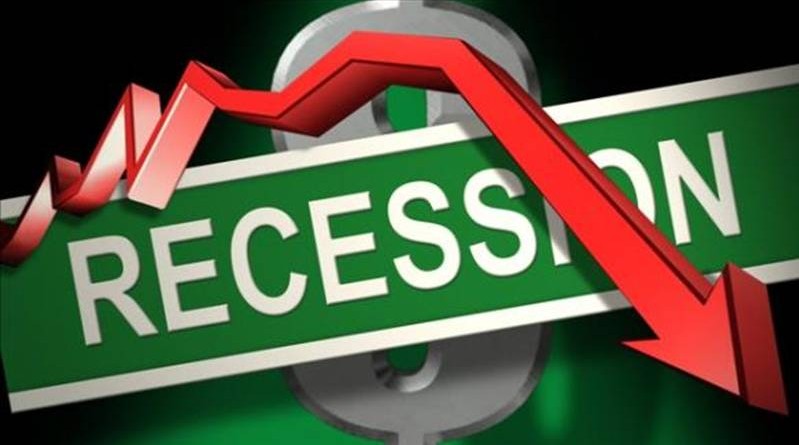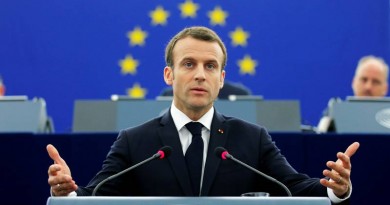No recession but global growth will slow to a crawl this year, Janus Henderson says
The world economy is headed for a period of “dull, low” growth, according to fund manager Janus Henderson, but the risk of an outright recession remains small.
Market participants are increasingly worried about the prospect of a serious economic downturn this year.
A long-running U.S.-China trade war and uncertainty around the U.K.’s exit from the European Union has soured business and consumer sentiment in recent months.
Most economists, as well as some the world’s business elite, agree that economic growth is slowing but policymakers have expressed some hope for a soft landing rather than a full-blown recession.
“There is definitely a slowdown in the momentum of the global economy. I don’t think the economy is going to be as strong as it was last year,” Jane Shoemake, investment director of global equity income at Janus Henderson Investors, told CNBC’s “Squawk Box Europe” on Monday.
“Our central forecast is not for a recession¦ It is just for dull, low growth,” she added.
Economic growth in Europe has been a “real disappointment”
In contrast, Nobel Prize-winning economist Paul Krugman warned earlier this month that there is a significant chance the world economy is headed for a recession either later this year or early next year.
Krugman warned there is “quite a good chance” of a recession in 2019, adding he was worried economic policymakers “do not have an effective response” if the economy slows down.
At the start of February, the European Commission sharply downgraded its forecast for euro zone economic growth in 2019 and 2020.
The Commission said euro zone growth will slow to 1.3 percent this year from 1.9 percent in 2018 and is expected to rebound in 2020 to 1.6 percent.
The estimates were markedly less optimistic than the EU executive’s previous forecasts, exacerbating fears that a global economic downturn is spreading to Europe.
An economic downturn in China, the world’s second-largest economy, has heightened concerns of a global recession but Europe has been the “real disappointment,” Shoemake said.
“We have had a massive change in what expectations are for the Federal Reserve and so if they don’t raise any further, dividend yields (regular payouts from a stock) are going to look very attractive because bond yields are not going to be moving any higher particularly,” she added.
On Wednesday, investors are likely to closely monitor the release of minutes from the Federal Reserve’s last policy meeting. They are expected to give investors a better idea about the prospect of any interest rate hikes later this year.





